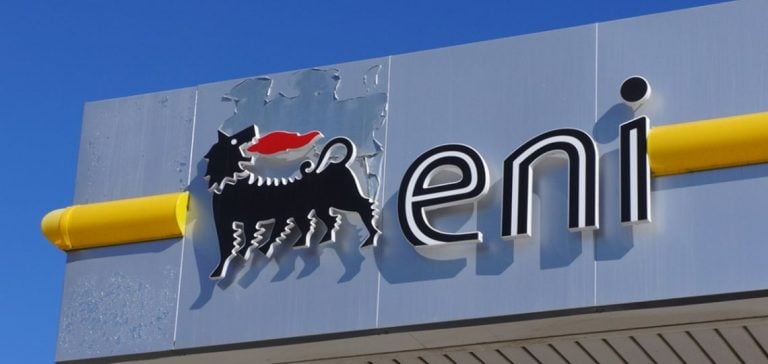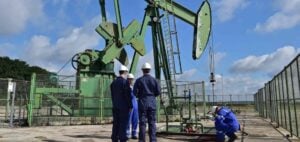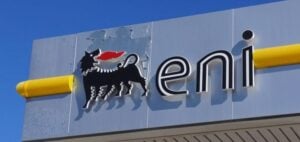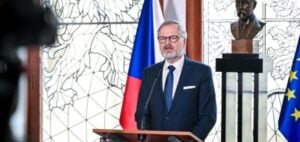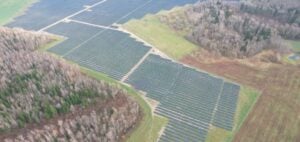Eni is about to sign an agreement with KKR to sell a 20% to 25% minority stake in its subsidiary Enilive, a company focused on biofuel production.
The deal is valued at between 11.5 and 12.5 billion euros, reflecting the growing importance of this sector for investors.
Investors are looking to capture a share of the growing markets in the energy transition, particularly in the alternative fuels sector. The negotiations with KKR, which should be concluded in the next few weeks, mark an important step in Eni’s financing strategy, as it seeks to focus on its high-potential activities.
This sale follows other similar transactions, such as the partial sale of its Plenitude subsidiary to Energy Infrastructure Partners earlier this year, as part of its so-called “satellite” strategy.
This strategy consists of attracting investors while maintaining control of key activities.
A second round of potential investors
While the agreement with KKR seems imminent, other investors such as Stonepeak are showing interest in acquiring another minority stake in Enilive.
This move is part of Eni’s drive to make the most of financing opportunities by diversifying its sources of investment.
Stonepeak, based in New York, is a leading player in the infrastructure sector, and sees Enilive as a vehicle for accelerating its portfolio of renewable assets.
The biofuels sector is attracting more and more investors, as it represents a credible alternative to fossil fuels in sectors that are difficult to electrify, such as shipping and aviation.
By selling a second stake in its bioenergy subsidiary, Eni could generate additional funds to finance its expansion into broader decarbonization projects, while capitalizing on the growth in demand for renewable fuels.
Enilive: A major player in biofuels
Enilive is a key entity in Eni’s strategy to reduce its carbon footprint, based on the production of biofuels from renewable raw materials such as used vegetable oils and organic waste.
Enilive’s facilities include several biorefineries, some of which are located in Italy.
Eni also relies on its agricultural projects in Africa to supply its facilities with raw materials, thus ensuring a more sustainable and controlled supply chain.
The growing interest in Enilive is based on its growth prospects, underpinned by the expected increase in demand for biofuels.
Biofuels play an important role in reducing greenhouse gas emissions in freight transport, a sector that is difficult to electrify.
In addition, Enilive offers intelligent mobility solutions and manages a network of over 5,000 multi-fuel stations in Europe, contributing to the expansion of alternative fuel infrastructures on the continent.
Enilive’s financial outlook
Enilive presents solid growth prospects, with expected earnings before interest, taxes, depreciation and amortization (EBITDA) of €1 billion in 2023, and a projection of €1.2 billion by 2025.
This rise in earnings illustrates the growing importance of biofuels in decarbonization strategies, particularly in sectors where electric solutions are still limited or impractical on a large scale.
Biofuels are proving essential in meeting decarbonization targets for road, sea and air transport.
Unlike conventional fuels, the biofuels produced by Enilive do not require major modifications to existing infrastructures, making them an immediate and accessible solution for reducing emissions while maintaining the energy efficiency of today’s vehicles.
A fast-changing sector
Investments in renewable energies and biofuels, in particular, are becoming a major issue for energy companies, governments and private investors.
Eni, through its partial divestment of Enilive, is demonstrating its ability to adapt its business model while meeting investor expectations and global climate objectives.
With the interest shown by players such as KKR and Stonepeak, Enilive could not only strengthen its capital base to accelerate its development, but also become a model for other energy companies seeking to attract financing for their energy transition projects.
Eni’s approach demonstrates its willingness to raise capital without compromising operational control of its strategic activities.

